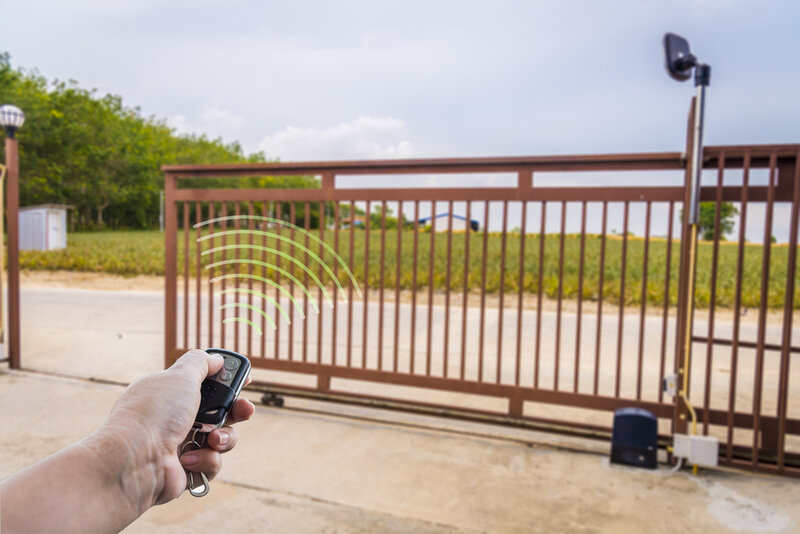The main entrance to your property and home is protected by your home's security gate. Just like a garage door, By performing regular maintenance, you can keep the gate in top condition while also ensuring that it functions as intended. You may also be eligible for warranty benefits based on the fact that you maintain your gate on a consistent basis. The warranty may be void if the recommended maintenance is not performed.

In the interest of safety, please turn off the power to your gate before performing any maintenance to avoid injury or malfunctioning of the gate itself.
Tips for Keeping Your Home's Security Gate in Working Order
Observe What the Installer Does. Have your installer show you how to properly maintain your security gate after it has been installed. In addition, they'll teach you how to perform basic gate maintenance, and they'll also teach you how to troubleshoot minor issues so you don't have to call in a professional for more serious issues.
Secondly, peruse the instruction manual. Upon completion of the installation, the installer should have given you a copy of the gate's operation manual. There will be a section on basic maintenance for your particular gate in there. While we can give you a general idea of what to look for, it's always best to consult the manufacturer's instructions for your specific gate. If you don't, your gate's warranty may be voided.
Pay a little extra to get a good warranty. There are a variety of warranty options available when purchasing a new gate or looking for a replacement, so it's important to do some research. A stronger maintenance warranty on a gate may be worth the extra money. Routine maintenance is still your responsibility, but larger repairs or malfunctions are taken care of, which can save you money in the long run.
Keep them clean. Keep the automatic gates clean by cleaning them about once a month to avoid dust and debris buildup that detracts from their aesthetic appeal. However, as dirt and grime collect on the surface of corrosion-prevention finishes on the majority of gates, moisture may seep into the coating. Rust and corrosion will develop as a result of this gradual breakdown of the coating. If you see any signs of paint that has peeled, flaked, or is missing, have the gate re-coated.
The hinges should be lubricated to prevent them from squeaking. When it comes to daily wear and tear, the hinges take the brunt of the load, so they deserve a little TLC. Metal parts that have been well oiled not only perform better, but the lubricant also acts as a water repellent, reducing the likelihood of rusting hinges and joints. To be safe, it's always best to follow the lubrication instructions provided by the hinge's manufacturer. It is necessary to have both a standard grease gun and a tube of heavy grease for the majority of applications. Find "zirk fittings," or grease fittings, and insert the end of the lubrication gun into one. As you pump grease into the fitting, it will begin to ooze out of the threads. If you have a hinge-pin, you can do the same thing.
The chains need to be lubricated. Using axle grease to lubricate the chain of a sliding driveway gate is recommended at least once a year, or twice if it appears to need it. Sagging more than an inch or two indicates that the chain needs to be tightened.
Pests are a concern. Pests can get into automatic security gates because they're made of metal, which homeowners mistakenly believe makes them pest-proof. Due to their dense slime trails, snail and slug tracks can wreak havoc on a gate's circuit boards by acting as electrical conductors. In the same way, dense webs of spiders and cobwebs absorb water. There is a risk of rust and corrosion due to this moisture wicking up the web fibers, which will then contact gate materials and components.
